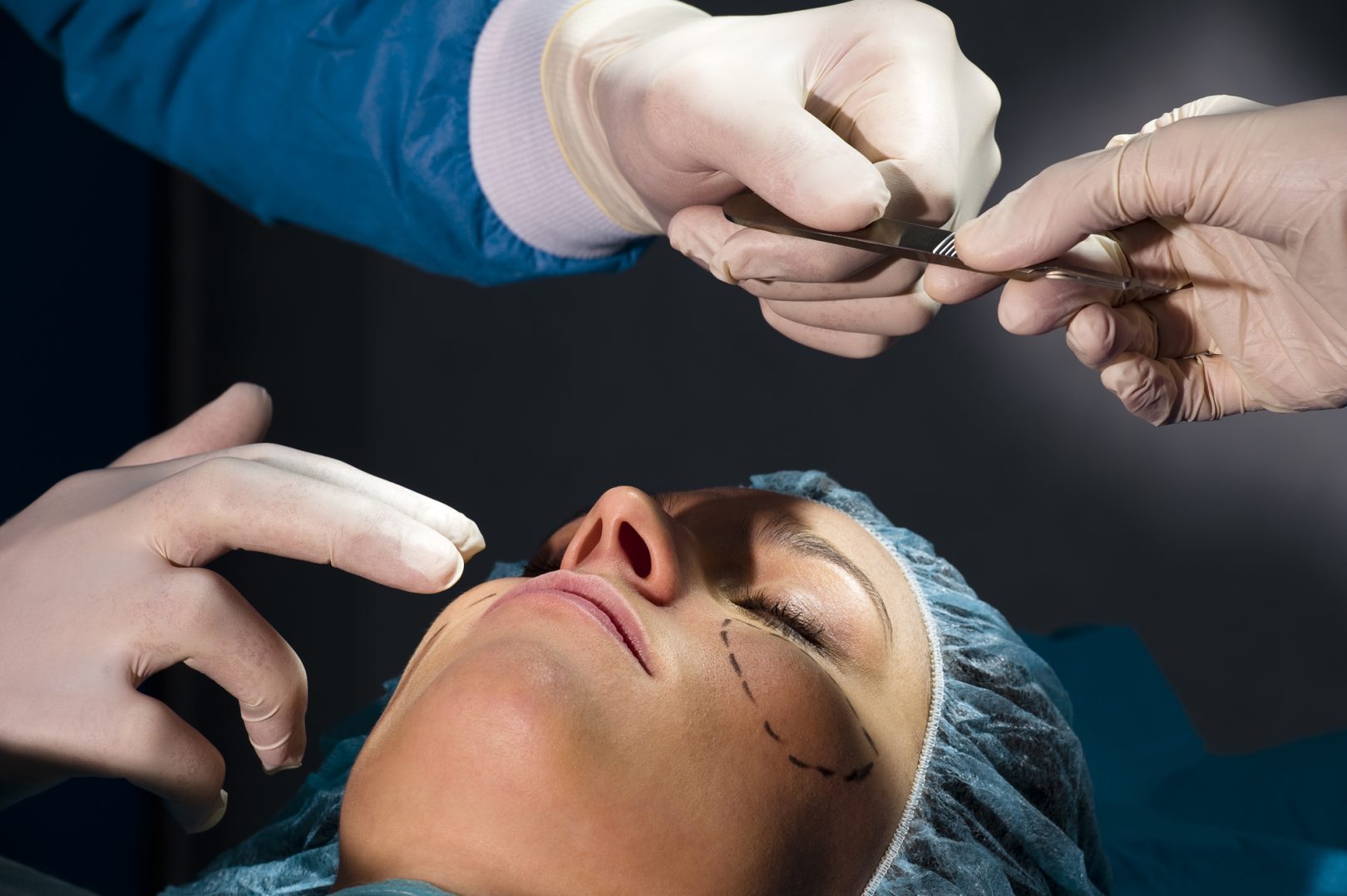Cosmetic surgery is often used interchangeably with plastic surgery, but the two are quite different in terms of the clinical level of expertise. Any medical doctor can use the title of cosmetic surgeon even without the extra years of training, education and experience other surgeons are required to undergo. This creates confusion and misunderstanding for the general public about the qualifications held by practitioners in cosmetic surgery clinics.
Cosmetic surgery is more accessible than it has ever been, but it is poorly regulated because, unlike plastic surgery, it is not currently a specialty recognised by the Medical Board/Council. It is no wonder that we have seen a steady increase in the number of adverse outcomes in this area.
Cosmetic surgeries such as breast enlargements, liposuction, rhinoplasty, tummy tucks and face lifts, carry inherent risks even for young, healthy clients particularly when performed in clinics that lack the staffing and equipment of dedicated medical premises. The risks increase significantly when the surgeon is not specifically qualified to operate. All too often the outcome is not even close to what was expected and rectification surgery is not always possible.
The range of procedures available has also grown significantly as more companies try to claim their share of this multi-billion dollar industry. In recent times, we have seen the dawn of new style beauty clinics in high streets and malls offering injectable fillers, botox, laser, chemical peels, skin tightening and photo rejuvenation. These are heavily marketed as non-invasive but many operators have minimal training and the risks are rarely explained in detail. We have seen firsthand how these treatments, perceived as low risk, can result in permanent damage such as scarring, infection and burns.
We have helped a number of clients who have suffered poor outcomes from cosmetic procedures. If this issue affects you, get in touch with our experienced team of medical negligence solicitors to find out more about your rights.











